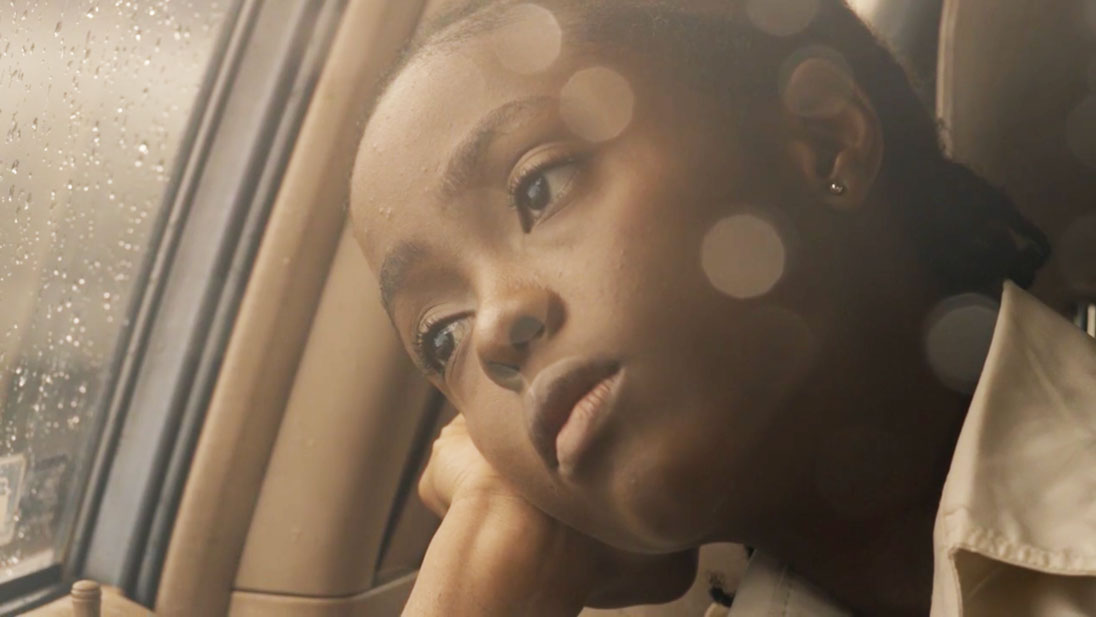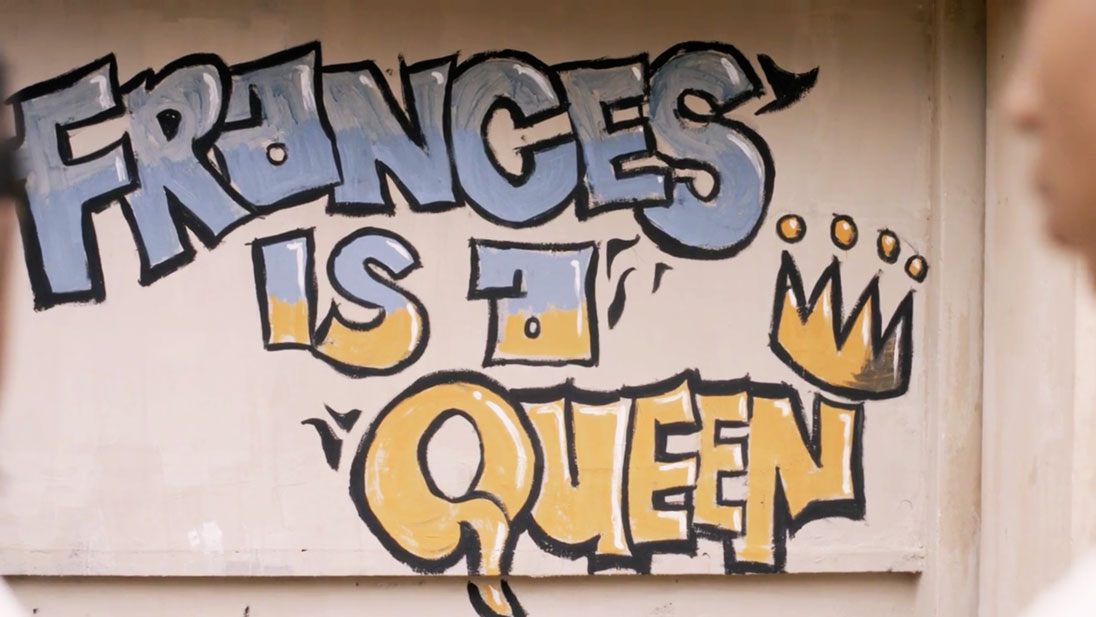Remember that no matter what an individual affected by sexual assault or rape did or did not do, sexual assault or rape is always the fault of the perpetrator, not the victim. Regardless of how a victim acted, the perpetrator of the assault or rape is the only one who should be held responsible for that crime.
How to support a friend who has experienced sexual assault or rape
Providing support to a loved one or friend after sexual assault or rape can be incredibly challenging. If someone has disclosed their experience to you, you may not always know how to show support when it’s needed most. If you know someone, who has been sexually assaulted or raped here are some tips to best support them and their recovery
Listen to their story (if they want to talk)
If your friend seems to be struggling, it is important to let them know that you are available if they need to talk. Be patient, listen to their story. Just telling the story can be emotionally unnerving and may trigger memories. If they are ready to share their experience with you let them express their anger, frustration, fear, or sadness about the experience. As survivors, they are experts in their own experience.
Do not allow your own feelings to get in the way of you being there for your friend.
Your role is not to find a solution, or to “fix” your friend, make them feel better or take their pain away, your responsibility is to be gentle and simply listen.

Let them know that above all you believe them
In this season Cynthia does her best to help and support Francis, she never interrogates her or challenges her story. She consistently demonstrates her concern by checking on Francis and keeping her company. When brought into the headmaster’s office to discuss the events that took place with concerned parents and teachers Cynthia maintains the truth and does not try to diminish or minimise Francis’ trauma. Unlike Diana, who is committed to her own personal narrative, regardless of the impact and harm her denialism causes Francis.
It is especially important to believe your friends story. Do not challenge them or contradict any part of their experience.
Possible supportive responses could be:
• “Thank you for sharing.”
• “You are not to blame for what happened to you.”
• “You didn’t deserve what happened to you.”
• “I’m sorry this happened to you.”
• “You are not what was done to you.”
• “That was abuse, not healthy sex.”
• “I support you in your healing process.”
• “I respect you for addressing this.”
• “I love you.”

Educate yourself
It is not the responsibility of the survivor to help you understand the impacts of sexual assault or rape. Those impacts can be incredibly difficult to understand when you have not experienced the abuse yourself and even then, every survivor’s story and experience is unique.
Common manifestations of a survivor’s trauma can include:
Disassociation A survivor can be physically present but their mind can be in a completely different place
Getting triggered Certain words, actions, sounds, gestures or even smells might remind a survivor about their trauma and cause an intense emotional or physical reaction such as a panic attack after being exposed to a trigger. Many sexual abuse survivors can also be hypervigilant.
Difficulty making healthy decisions Sometimes survivors of sexual assault or rape may find it tricky to make healthy decisions about their sex lives after abuse. They might have poor body image or low self-esteem. They may find themselves becoming intimate with people who don’t respect them, or in situations that feel unsafe.
Avoidance of sex Many survivors who may have previously enjoyed healthy sex lives may not want to revisit the specific activities that traumatized them.
Internalised Shame Many survivors feel as if they are broken or damaged goods. Male sexual abuse survivors can feel a different kind of shame, since male sexual abuse isn’t discussed nearly as often, and carries a different kind of stigma.

Be an ongoing source of support
Your friend will likely continue having reactions to things that dredge up their trauma, this can be anything from an event in the news, the storyline of a film or TV show, conversations with family and friends, intimacy and even seemingly spontaneous or random events. In those moments it is especially important to keep listening – don’t try to give advice or problem solve, just listen. It can be hard seeing someone you care about in pain, allow them to feel their feelings and give them space to express themselves. Refrain from saying things like “think positively”, or “don’t cry, cheer up!”. Let your friend know that you support them and are willing to turn off the tv, get out of the house or leave an event with them if that’s what they need. It is important to make it clear that you want to be supportive and engaged, allow them to lead, ask your friend if they need anything from you.
Keep in mind: Recovering from sexual abuse is a long process that is never truly over. The path to recovery can also look different for each survivor.

